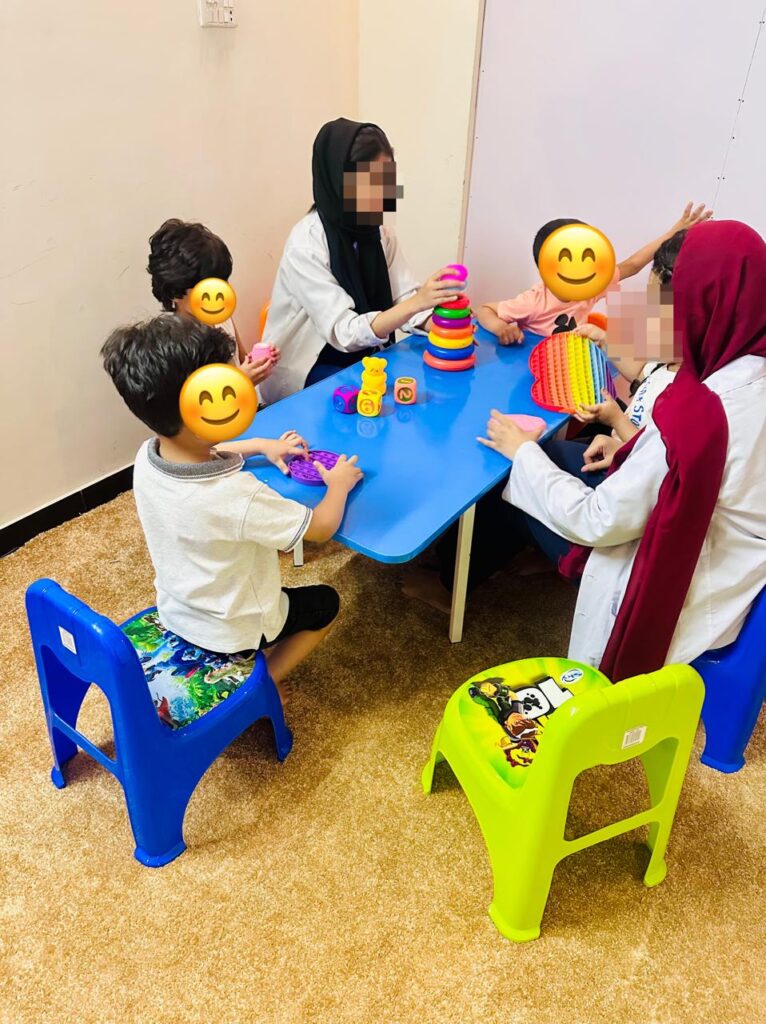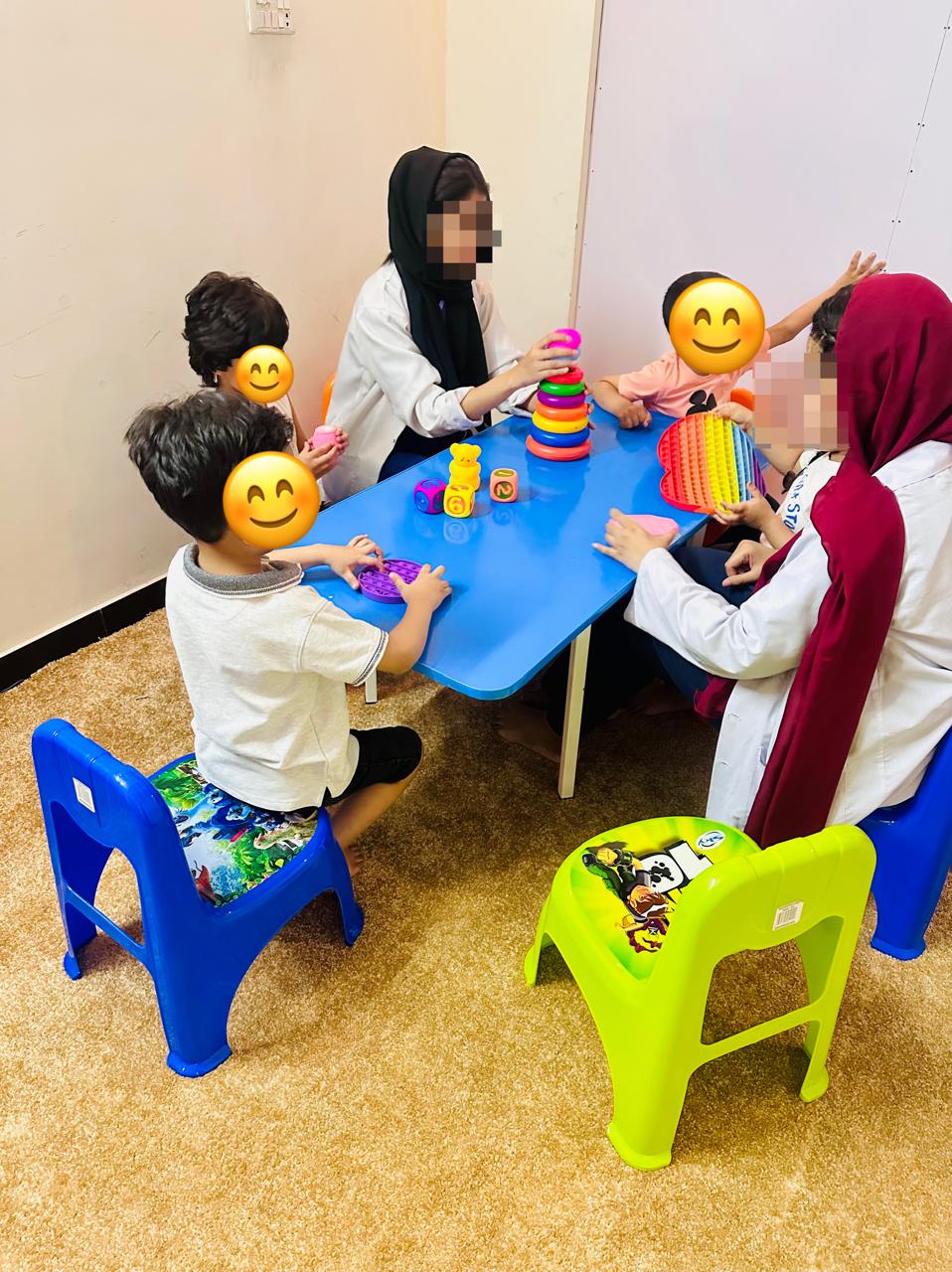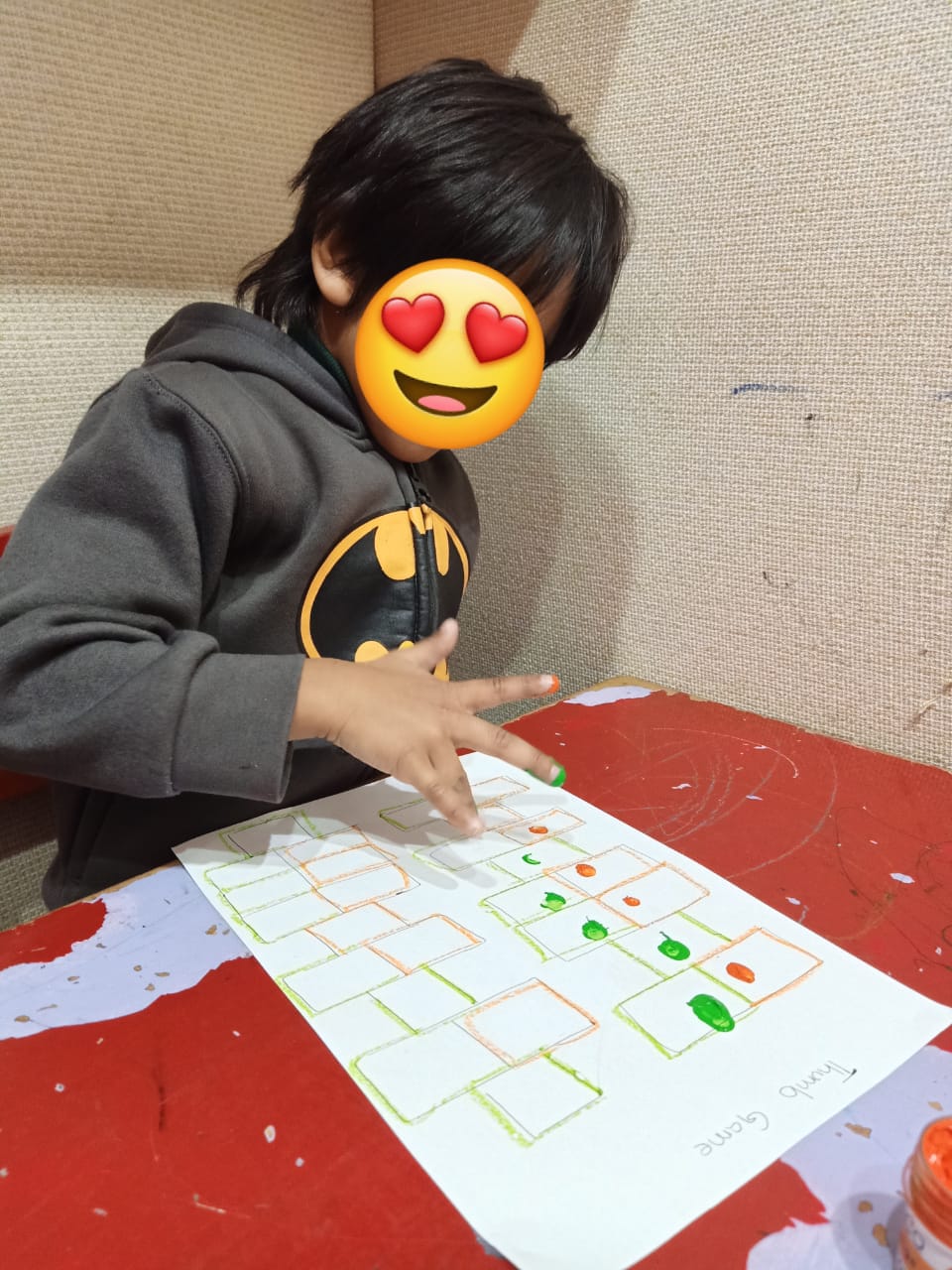Group Sessions
Social Skills. Shared Success. Supportive Spaces.
At Smart Start Academe, our Group Therapy Sessions are designed to foster communication, cooperation, confidence, and connection. Whether it’s improving social skills, managing emotions, or building peer relationships, our small-group programs provide a safe and structured setting where children grow together.
Why Group Sessions Work So Well

- Build essential social and emotional learning (SEL) skills
- Encourage communication and peer collaboration
- Provide real-life opportunities to practice interaction
- Promote empathy, patience, and teamwork
- Reduce anxiety and isolation in group environments

Our Group Therapy Structure
We begin with a full speech and language evaluation to pinpoint your child’s current abilities and challenges.
- Assessment to identify social and behavioral targets
- Careful grouping for compatibility and shared milestones
Our sessions feel more like fun than therapy—because connection is key.
- Role-playing, storytelling, cooperative games
- Turn-taking, conflict resolution, and teamwork exercises
- Communication activities and nonverbal skill practice
Parents are our partners in every step of the journey.
- Observations, milestone checklists, and session notes
- Parent communication and strategy sharing
- Progress reports for feedback and growth tracking
Who Can Benefit from Group Sessions?

- Children who need help building friendships
- Kids with Autism, ADHD, or social anxiety
- Children who struggle with emotional regulation
- Those who are transitioning to school or new environments
- Any child who thrives in structured peer-based learning

FAQs – Group Therapy Sessions
If your child is not speaking as clearly or fluently as peers, or struggles to express or understand language, a professional evaluation can provide clarity.
Speech therapy can begin as early as 18 months. The earlier we start, the better the outcomes.
We recommend 3-7 sessions per week, based on your child’s/patient’s needs and progress rate.
Yes. Our therapists have experience supporting children with developmental differences and tailor therapy accordingly.
Absolutely. We offer therapy that includes social interaction, conversation-building, and functional communication skills.
Children may begin using new sounds or words, improve fluency, and gain better interaction skills as therapy progresses.
